The Cult of Donald J. Trump

The first couple of years of Donald Trump’s presidency brought out armchair psychologists. Some of these individuals had work-based connections to the broad field of mental health and a few were actual psychologists, all of whom took aim at the controversial 45th president of the United States. Perhaps the most prominent—perhaps infamous is a better word— psychologist was Mary Lea Trump, his now 55 year-old niece who wrote the scathing 2020 published book “Too Much and Never Enough: How My Family Created the World’s Most Dangerous Man.”
Of interest was the occurrence of professionals in the psychology field speaking out about Donald Trump’s mental state, despite ethical rules laid out by the American Psychiatric Association (APA), which clearly state that they’re banned from expressing their professional diagnostic opinions. The origin of this rule traces back to the days of Barry Goldwater, when a newspaper headline boldly stated: “1,189 Psychiatrists say Goldwater is Psychologically Unfit to be President!”
The result was the APA issuing the so-called “Goldwater Rule”: “It is unethical for a psychiatrist to offer a professional opinion unless he or she has conducted an examination of the patient in question.”
Though not a psychiatrist, John D. Garner, a psychotherapist at Johns Hopkins University, ventured into this forbidden area when he publicly stated that Donald Trump was “…dangerously mentally ill and temperamentally incapable of being president.” In 2016, Dr. Drew Pinsky, a medical doctor and celebrity physician in California, didn’t just question Trump’s mental state but also that of his supporters. While he said that Trump wasn’t “insane” (which is not a formal medical term), he did show signs of mental instability.
As Pinsky put it: “There’s two definitions of sanity: one is legal definition, and that is somebody who is so out of it they don’t know the difference between right and wrong.” (Interview with CNN’s Don Lemon). Others in psychology and medical fields have more recently stuck a toe in the water by offering up some cautiously worded comments about Donald Trump.
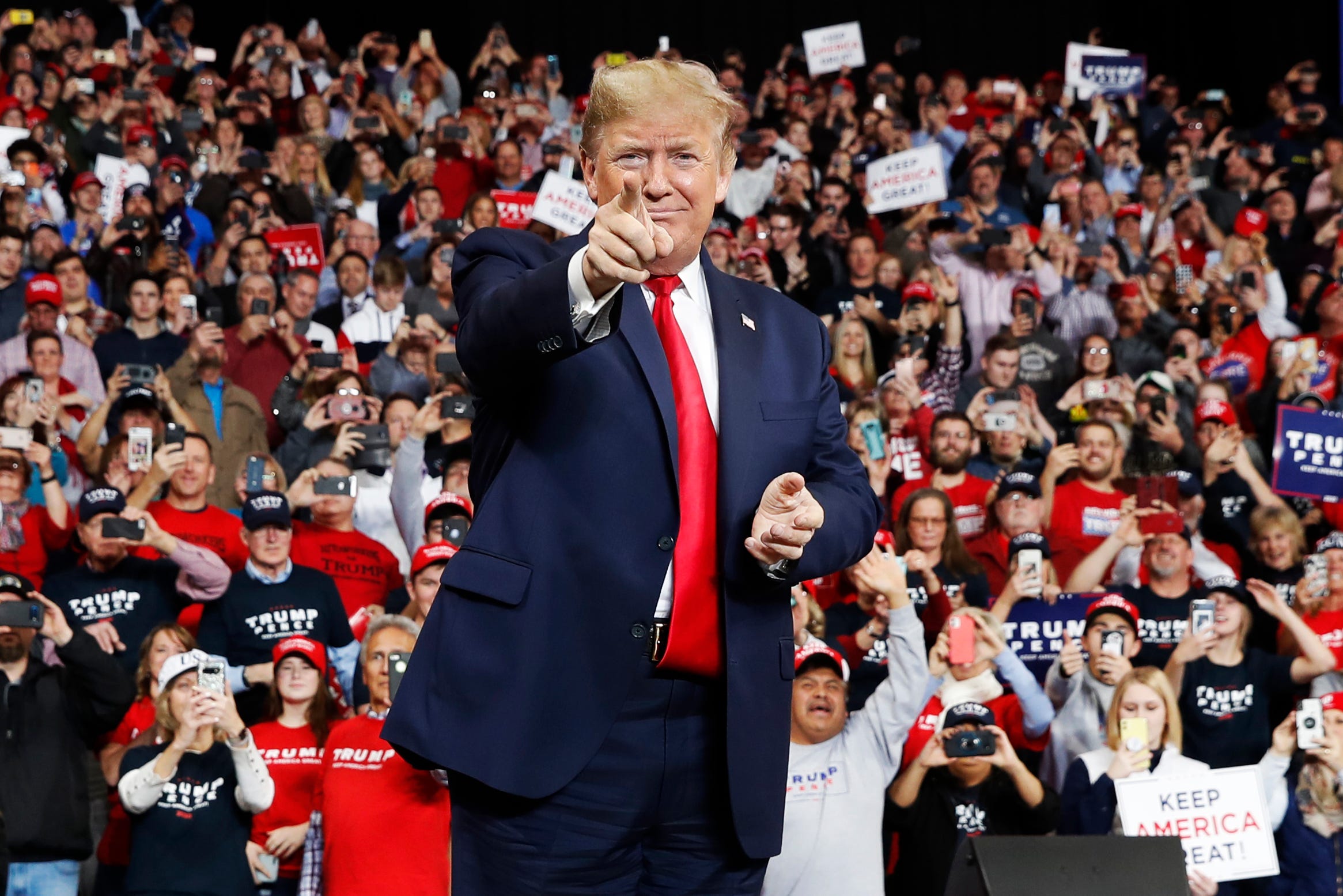
During the presidential campaign, Hillary Clinton and many others publicly expressed the opinion that Donald Trump was not temperamentally fit for the office of the President of the United States. That’s part of politics, however, and it displayed Clinton’s knee-jerk reaction to the accusations that Trump levelled at her (from Libya to the Clinton Foundation to her emails). That’s part of the dirt-ball game of politics. However, those professionally trained and licensed in mental health are expected to refrain from spouting their views on whether a candidate for political office is mentally fit. It’s a mine-field loaded full of ethical ordnance.
As human beings we like—love—labels. One word that has been used for years to describe Donald Trump is “megalomaniac.” It’s a great sounding word, fitting for a larger-than-life reality show host who now commands the most powerful military in the world. Megalomania is defined as:
a) a mania for great or grandiose performance,
b) a delusional mental illness that is marked by feelings of personal omnipotence and grandeur.
However, some caution needs to be provided on the use of this word. It’s now more properly described as Narcissistic Personality Disorder, which raises more complex issues and left to medical professionals in the field of psychiatry and psychology. The Mayo Clinic, for example, explains NPD as:
Narcissistic personality disorder is a mental disorder in which people have an inflated sense of their own importance, a deep need for admiration and a lack of empathy for others. But behind this mask of ultraconfidence lies a fragile self-esteem that’s vulnerable to the slightest criticism.
It’s tempting for lay people, the media, and even those in fields linked to psychology to suggest that Donald Trump may suffer from NPD. But one treads into that mine-field.
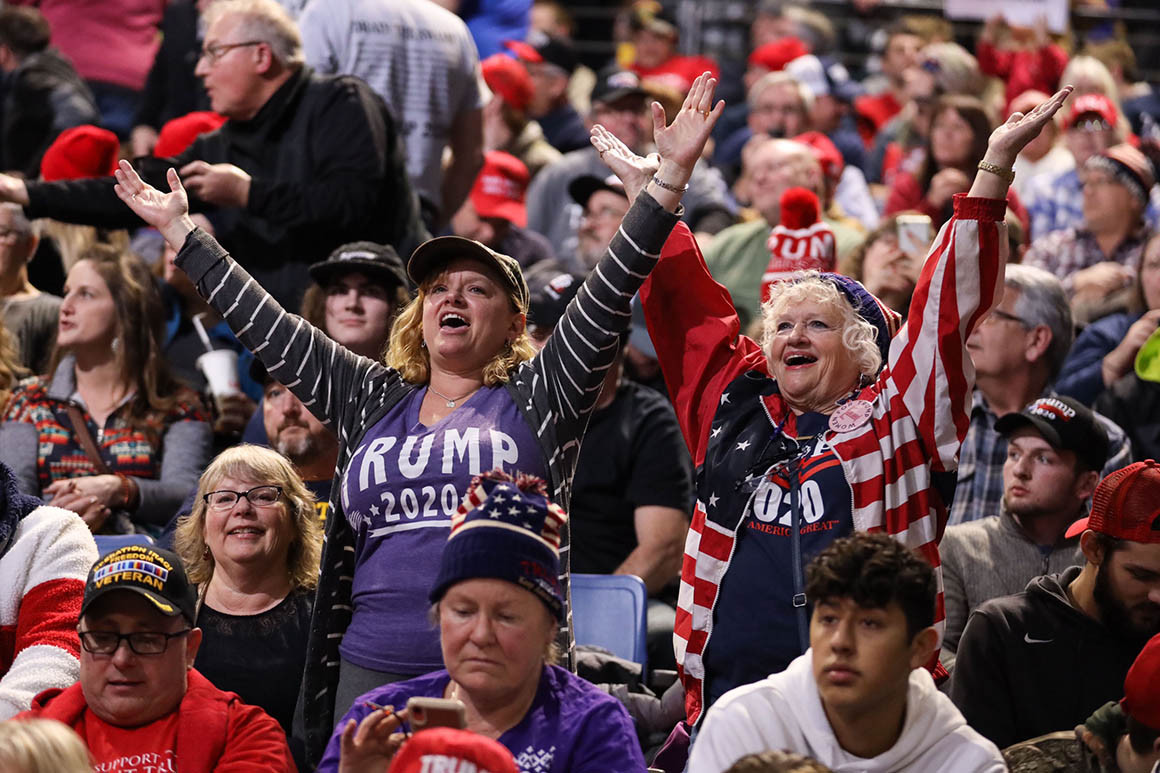
What’s of more particular interest, however, is how Donald Trump, through the use of his strong personality, marketing genius and unpredictable behaviour, created a quasi cult-like following of supporters. And what is proving to be most impressive—startling may be a better word—is how Trump has managed to retain much of his supporter base and a strangle-hold on the Republican Party post-November 2020 election.
Regardless of his constant stream of incorrect statements on events (such as the recent fabricated one on a terrorist attack in Sweden), his supporters became, if anything, more entrenched in their support for him. Just watch an interview of a Trump supporter and how they either have a starry-eyed look or are so emotionally smitten with him that they struggle to express themselves clearly. Fortunately, Facebook and Twitter finally gave him the boot from their sites.
Older Americans, for example, who had never voted in their lives cast a ballot for Trump in November 2016. One can argue that the disgust many Americans hold towards Congress and the country’s political system in general underlies much of the reason why Trump won that election. But it also raises the question of WHY do so many Americans love the man and become so emotional when interviewed about their support for him? The strangle-hold continues.
It brings to the mind the subject of cults, which may be comprehensively defined as:
1. a particular system of religious worship, especially with reference to its rites and ceremonies.
2. an instance of great veneration of a person, ideal, or thing, especially as manifested by a body of admirers.
3. a group or sect bound together by veneration of the same thing, person or ideal.
4. a group having a sacred ideology and a set of rites centering around their sacred symbols.
5. a religion or sect considered to be false, unorthodox, or extremist, with members often living outside of conventional society under the direction of a charismatic leader.
It’s clear that the word “cult” is expansive in definition, and as a consequence is tempting to apply to a variety of situations and individuals.
The intersection of megalomania/NPD and cults presents an interesting study. For example, Bernie Madoff, the stockbroker and investor who ripped off his clients for $65 billion through an elaborate Ponzi scheme and who was sentenced to 150 years in prison, created a cult-like following through behaviours reflecting aspects of NPD. He died in prison in 2014.
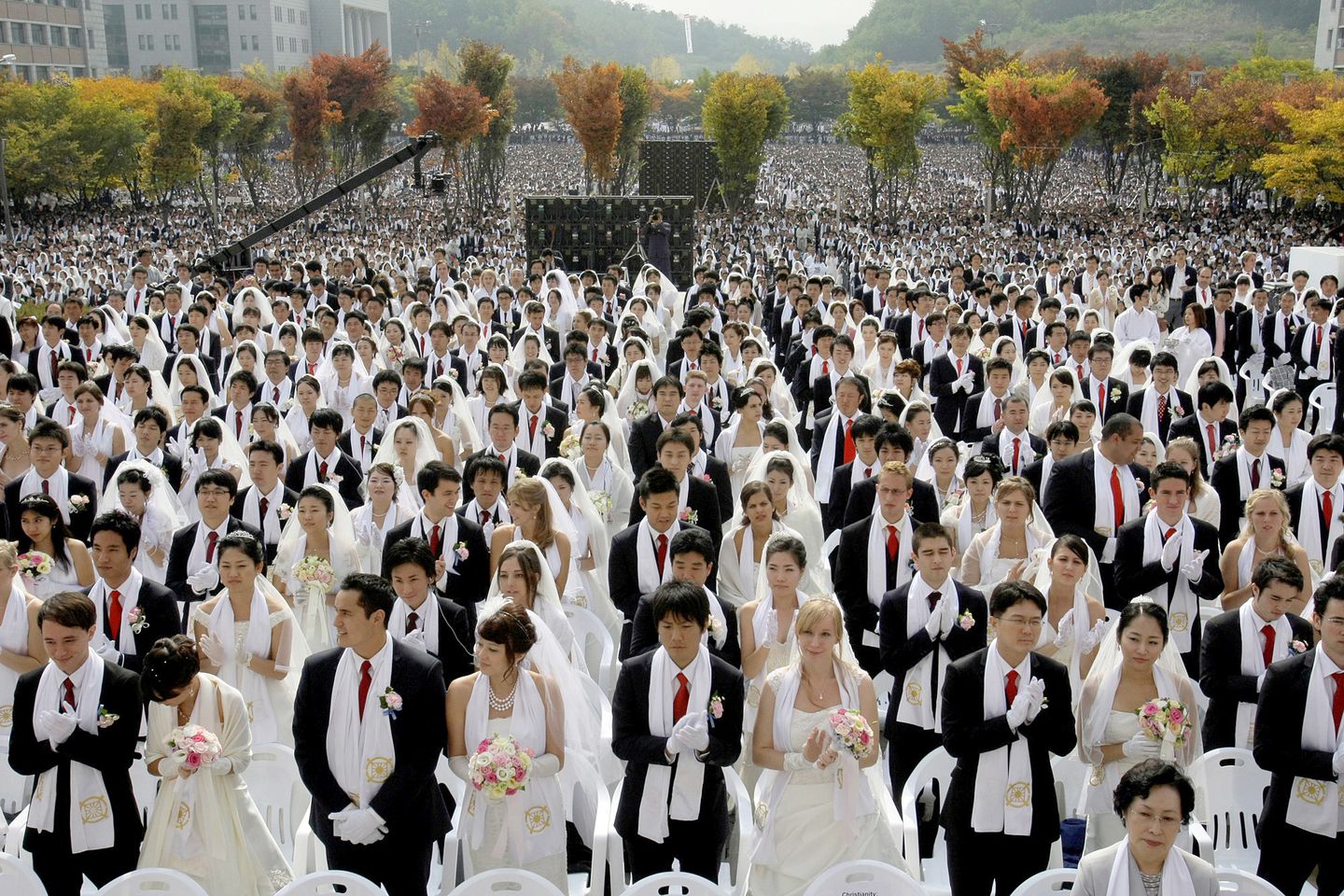
Then there are the infamous cult leaders who inflicted violence on their followers and society. Examples include, Jim Jones (Jonestown cyanide-induced mass suicide), Charles Manson (Sharon Tait murders), and David Koresh (Branch Divisions and the Waco, Texas massacre). And there’s the weird case of Bonnie Lu Nettles, who co-founded the UFO cult Heaven’s Gate with Marshall Applewhite. That, again, produced a mass suicide of followers.
On another front is the Unification Church, founded by the late Sun Myung Moon (spawning the term “Moonies” for its followers), which was labelled a cult (see above photo). And in the late 1960s, the Children of God was created in California (later renamed The Family International of The Family) by polygamist David Berg. (See first photo.)
In an article in Psychology Today, Joe Navarro includes a long list of traits of what he calls a pathological cult leader. Note that he includes organizational aspects of cult leadership, not just societal. His final comments are:
“When the question is asked, “When do we know when a cult leader is bad, or evil, or toxic?” this is the list that I use to survey the cult leader for dangerous traits. Of course the only way to know anything for sure is to observe and validate, but these characteristics can go a long way to help with that. And as I have said, there are other things to look for and there may be other lists, but this is the one that I found most useful from studying these groups and talking to former members of cults.
When a cult or organizational leader has a preponderance of these traits then we can anticipate that at some point those who associate with him will likely suffer physically, emotionally, psychologically, or financially. If these traits sound familiar to leaders, groups, sects, or organizations known to you then expect those who associate with them to live in despair and to suffer even if they don’t know it, yet.”
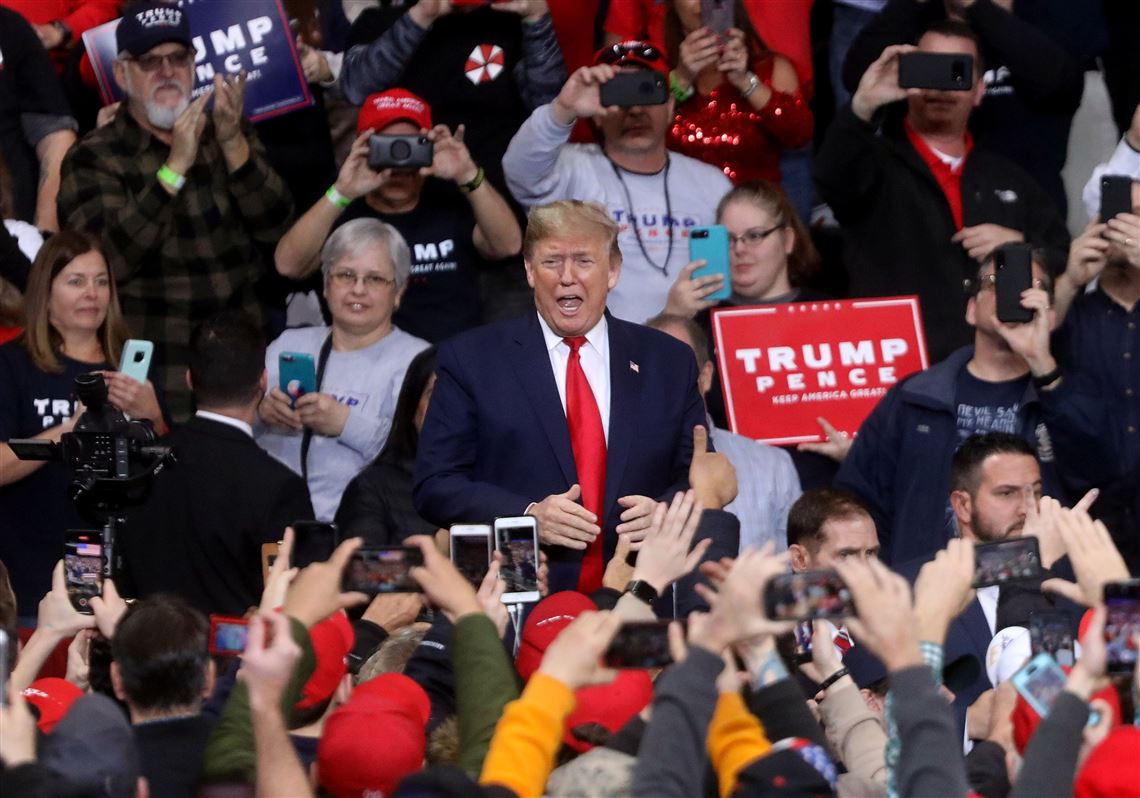
So let’s get back to Donald Trump.
Is he a cult leader? Has he created a devoted cult that appears to see the world in black and white?
That’s left to the reader to interpret and to make his or her own conclusion; the experts won’t be of much help. The visceral emotional response to Trump’s presidency has pushed aside much of the intelligent debate on his policies and practices as president. Whether it’s the media, academics, economists, psychologists, geo-political analysts, or the lay-public, everyone now seems to hold a strong black or white opinion of Donald Trump. His disjointed attempt at “making America great again” produced an insurrection on Capitol Hill on January 6, 2021.
Supporters and detractors proceed at their own risk.
I have the right temperament. I have the right leadership. I’ve built an incredible company. I went to a great school. I came out – I built an incredible company. I wrote the number one selling business book of all time: ‘Trump: The Art of the Deal.’ (Donald J. Trump)
Articles from Jim Taggart
View blog
In the previous post Is Your Team REALLY a Team? Why Instant Pudding Doesn’t Cut It we looked at the ...

We live in the age of instant gratification. We want it now as consumers—hence the exponential growt ...
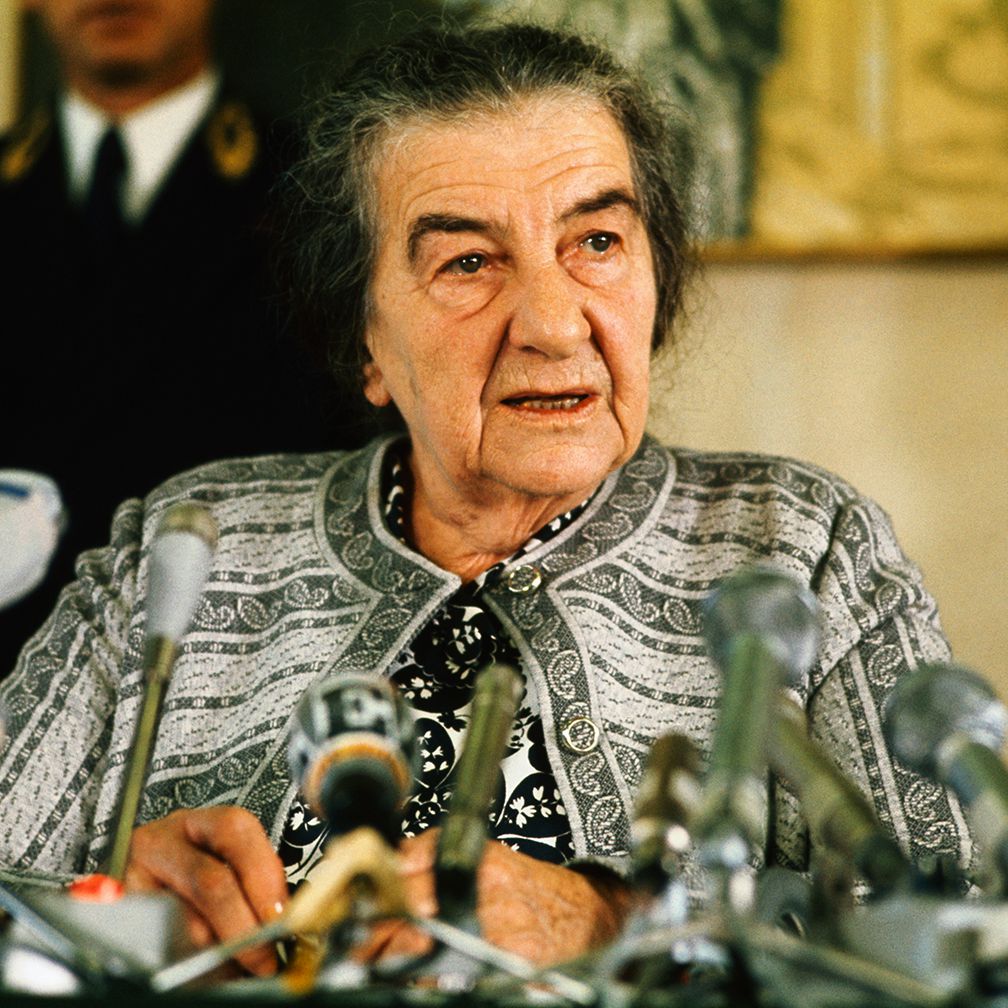
I am your servant. I do not come to you as a leader, as one above others. · When you read these word ...
You may be interested in these jobs
-
administrative assistant
Found in: Talent CA 2 C2 - 2 days ago
Renfrew Painting & Staining Inc. Surrey, CanadaEducation: · Expérience: · Education · Secondary (high) school graduation certificate · Tasks · Determine and establish office procedures and routines · Schedule and confirm appointments · Answer electronic enquiries · Compile data, statistics and other information · Order offi ...
-
administrative officer
Found in: Talent CA 2 C2 - 2 hours ago
SKY-HII GROUP INC. Rocky View, CanadaEducation: College, CEGEP or other non-university certificate or diploma from a program of 1 year to 2 years · Experience: 1 year to less than 2 years · Tasks · Review and evaluate new administrative procedures · Delegate work to office support staff · Establish work priorities ...
-
Industrial Hygiene Project Manager
Found in: Talent CA C2 - 4 days ago
Xpera Calgary, Canada Temps pleinCompany: · Pario ingénierie et sciences de l'environnementIndustrial Hygiene Project Manager - Full Time (Calgary, Alberta, Canada) Pario helps our corporate clients determine the root cause of system, material, building failures, environmental losses, documents liability determ ...


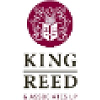
Comments